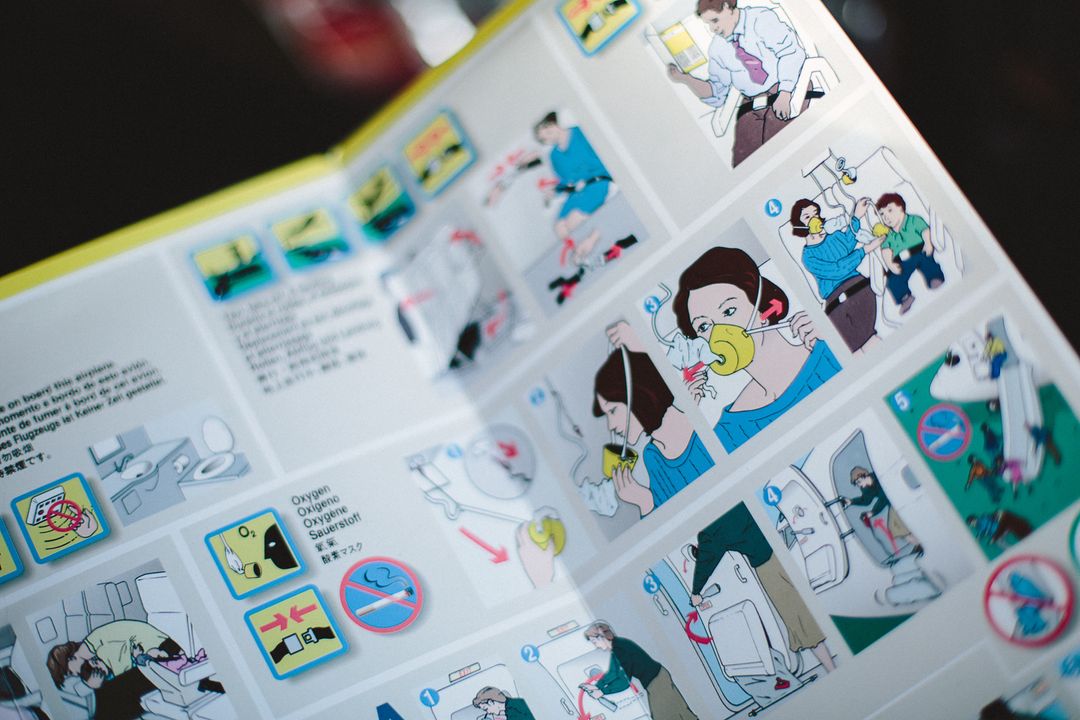I don’t think it would be an exaggeration to say the discourse of the ‘be kind’ movement has dominated social media platforms, especially Twitter. Whilst a mission to always ‘be kind’ would be hard-pressed to be described as anything but positive, I would suggest this movement has inevitably developed the idea that we should always be in a position, and the mental space, to listen to any of our friend's crisis’. Big or small.
Unchecked, this has created a new level of pressure and responsibilities; ones that sometimes move beyond the expectation one should have for their friend. This is not to diminish the struggles and immediate need for genuine support for those struggling with their mental health, especially in 2020, where our collective mental health has never been worse.
However, it needs to be said, the trope of the ‘therapist friend’ is extremely problematic and damaging.
As someone who is the so-called ‘therapist friend’, I am telling you I am not a therapist, and treating me as a substitute for one is doing neither of us any favours.
Qualified therapists are legally required to talk to a therapist themselves, as an outlet for the heavy and emotionally taxing work they undertake every day.
But as a 22-year-old woman, I’m somehow expected to be available to attentively listen to all my friend's problems 24/7. The pressure this places on one individual is crushing.
The expectation you should always listen to, and in some cases literally fix extremely complex emotional issues and traumas that require genuine professional help simply projects that individual’s personal responsibilities and stress onto another person.
Now, don’t get me wrong, in no way am I suggesting we do not speak to our friends or just internalize all our very real pain. But I think we need to be more mindful and stop pretending it’s normal for one friend to carry the emotional weight for all their friends simply because they can “give good advice”.
Daily, at least one of my friend's messages with an issue expecting I’m in the mental space to listen. Maybe we have all began to take the phrase, “I am always here” a bit too literally, myself included. Sometimes we are not in this position to take on another set of problems as well as our own.
Before someone asks (and I am sure people are thinking it), why haven’t I just told my friends this and communicated to them? Sometimes I just don’t have the emotional capacity to process their issues. But that does not mean I don’t care about them. Believe me, I’ve tried.
One of my friends has been struggling with a repetitive, and by their own omission, toxic relationship cycle and continuously feels the need to tell me every single micro-detail. Due to this, I feel responsible for their issues (wrongfully I know), whilst they refuse to address this damaging pattern in their life.
After actively listening to their problems six months consecutively, I politely asked if they could limit what they told me. I would still be there in a heartbeat for the ‘big stuff, but listening to every issue was extremely draining for me, especially since I was not in the best place myself.
Initially, they agreed. But, cue less than 24 hours later, and I was dragged back into my ‘therapist’s office’ with a metaphorical sign ‘in session’ on the door.

I would love, and still try to be, available for all my friends whenever they need me. But it’s just not realistic.
Unlike a real therapist, who does not tell you what to do with your own life, your friends seem to expect this additional layer of advice.
I am not even sure it’s possible to validate my friend's experience, give them honest advice, not upset them, whilst also trying to help them make the ‘right’ decision in any given situation.
Indecisive enough about my own life, if I wanted to live out a different life, I would jump onto Sims and live vicariously through them and their problems, not adopt a dozen others people complex emotional issues.
It is important to respect someone’s boundaries and realize it is not humanely possible for someone to be constantly emotional available to your needs. There have been times when I have been literally sobbing, and a friend messages me with new issues, and I am immediately drying my eyes and asking them what’s wrong instead of addressing my own pain first.
Unlike flying on planes, where we are told to put our own oxygen masks on first, I’ve become accustomed to doing the opposite.
What’s even worse is the people who are my most frequent ‘clients’ are the same friends who don’t think twice about brushing off my issues. This is not me complaining because my friends won’t hear me out, but because the rare time I actually talk about my problems they are either dismissive or on occasion, just deliberately hurtful.
My most recent favourite being my friend telling me if I got romantically involved with someone, I would just end up mentally fucking someone up since I am not mentally in the best place right now (let’s be honest, who is?).
As my best friend told me, I am not some immaculate and unfeeling being that people can project onto to offload their own worries and concerns, and neither are you. While I know it is a massive privilege to have access to therapy, this does not mean we can substitute our friends into this role.
Be kind, but be mindful too.















